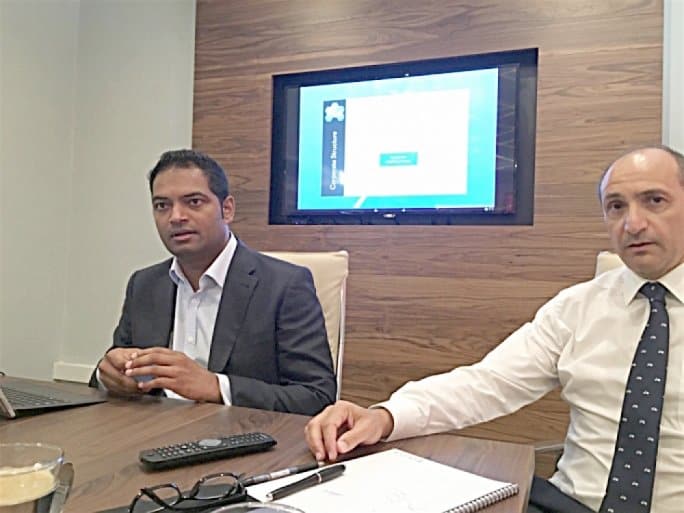
The Attorney General has informed the court he refuses to use the powers given to him by the law to monitor bank accounts of suspects in the VGH hospitals sales scandal. He reminded the court today that the law gives him the power to make such a decision and he owes nobody an explanation if he decides not to chase someone accused of breaking the law.
Peter Grech’s response came after Magistrate Claire Stafrace Zammit last week informed the Attorney General that Repubblika was asking for him to issue a ‘monitoring order’. She reacted to an urgent application filed by Repubblika Friday afternoon within an hour dispatching a decree to the Attorney General advising him of the suspected cover-up and the suggestion he uses his powers at law to stop it.
Repubblika made the request as a supplement to their request to the Court to order an inquiry into the VGH scandal. Hours after Repubblika filed its original complaint asking for an inquiry, Sri Ram Tumuluri went about shutting down nine of the offshore companies set up to extract ‘commissions’ from the VGH concession in Malta.
On the back of those investigations, Repubblika asked the court to open an inquiry into the conduct of Edward Scicluna, Chris Cardona and Konrad Mizzi. That request is still pending.
In his response to the Court today, the Attorney General dismissed the information published by The Shift News saying he “has no reliable information that satisfies the requirements of the law that the persons indicated by Repubblika as suspects moved to clear the evidence”.
This will allow the culprits to continue to cover their tracks while Maltese law enforcement consciously looks away and denies itself the powers it has at law to stop financial crimes.
This episode highlights a number of major faults in our law enforcement design when crimes involving politicians are not investigated because the person with the power to decide to act against them — Peter Grech — operates as if he was their attorney.

Firstly, in our law the Attorney General is also Chairman of the financial intelligence agency, the FIAU. Today’s refusal to use the powers available to the Attorney General at law to monitor movements of money of people suspected of financial crimes is an ominous indicator of the ‘intelligence gathering’ standards and procedures of the FIAU.
Secondly, the Attorney General repeats the wrongful but nonetheless frequently repeated mantra that suspicion of a crime is an insufficient basis to investigate it. The Attorney General appears to mean by “reliable information” evidence which would be sufficient to convict someone without him or the police or the FIAU actually having to do any work, such as investigate and gather evidence of a crime that has been reported.
Thirdly, the Attorney General zealously guards the discretion given to him by the Constitution which says that in criminal matters he reports to no one. This means that even if he were to decide the wrong thing and to allow criminals he likes to walk away unhindered, there is no recourse anywhere to complain about his behaviour.
The discretion given to the Attorney General by the Constitution presumes he will act in the best interests of justice. But even decisions of our highest courts are subject to review on appeal by higher bodies.
Much as the decision to convict or not to convict someone of a crime by a magistrate or a judge is subject to review on appeal, the decision by the Attorney General whether to prosecute or not — or even in this case the decision whether to get out of bed and switch on a monitoring mechanism to help prevent a crime — should in theory be subject to some form of review.
It isn’t.
This has been pointed out again by the Venice Commission but the government has left out the notion of judicial review of the Attorney General’s decision on the cutting room floor. The proposed legal changes to the Attorney General’s office, ostensibly on the back of Venice Commission recommendations glaringly leave this consideration out.
This way the Attorney General can continue to refuse to investigate or prosecute (depending on the law he should be implementing) government Ministers and their corrupt cronies applying the law to guarantee impunity.
This is the textbook definition of the collapse of the rule of law.